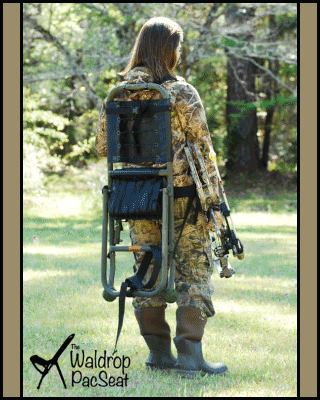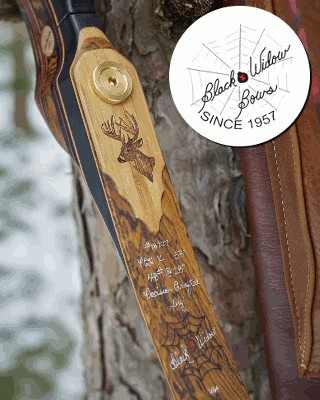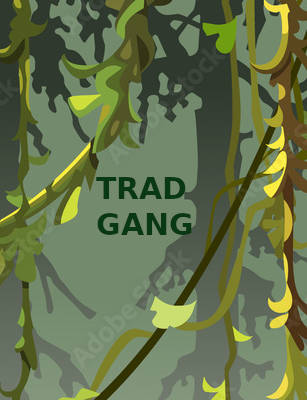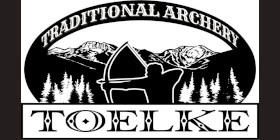The Virginia Department of Game and Inland Fisheries (VDGIF) announced today that it has initial results from its recent hunter survey on the topic of Sunday hunting. The results from the 2006 survey, when compared with the results from a survey conducted in 1996, indicate a significant difference in hunters' opinions about Sunday hunting has occurred in the last ten years.
When hunters were surveyed on this subject in 1996, the overall response was close. Slightly more hunters opposed Sunday hunting (48%) versus those who supported Sunday hunting (45%). It is worth noting, however, that of the 48% of hunters who opposed the concept of Sunday hunting in 1996, 45% were strongly opposed. Of the 45% supporting Sunday hunting, 39% strongly favored it.
The 2006 hunter survey results indicated that 62% of responding hunters expressed some level of support for Sunday hunting compared to 34% who were opposed. Of the 62% supporting Sunday hunting, 53% were strongly supportive. Of the 34% who opposed Sunday hunting, 28.5% were strongly opposed.
Regionally, there were minor differences in hunters' support for Sunday hunting. Overall support ranged from 66% in northern Virginia to 58% in the south central Piedmont area of the state.
VDGIF Board Chairman John Montgomery said of the survey, "Many people incorrectly believe that Sunday hunting is regulated by the Board of Game and Inland Fisheries, but it is a Legislative matter. However, the Legislature does regard us as a source for information on hunters and hunting. Since our information on hunters' opinions on the issue was a decade old, we undertook this survey to get current information which we are providing to members of the General Assembly."
The 2006 survey was sent in November to 5,000 licensed Virginia hunters who were randomly selected. A second follow-up mailing was sent to non-respondents in early December. A response rate of 59% was obtained from these two mailings.
Board Member Jimmy Hazel, who chairs the Wildlife and Boating Committee of the Board of Game and Inland Fisheries, observed, "This survey was a necessary first step in determining the importance of this issue to Virginia hunters. Getting a response rate of almost 60% is impressive on any survey. In this case, it suggests that hunters have strong feelings about this issue and want to be heard."
The survey consisted of 14 questions. Individual hunters were asked about their support or opposition to Sunday hunting. Other questions asked hunters how they felt about potential restrictions or limits placed upon Sunday hunting, the distance they traveled to hunt, the number of days they hunted, and types of land they hunted on. Hunters were asked their opinions about how Sunday hunting could potentially impact relationships with landowners, time and opportunity to hunt, and the number of animals harvested. Finally, a series of demographic questions were included to obtain information about the hunters' age, gender, and place of residence.
VDGIF Director Carlton Courter said, "As Sunday hunting is considered by the General Assembly in this session and in the future, we will certainly gather additional input from other constituents, including landowners, other outdoor enthusiasts and state residents in general."
The average age of hunters responding to this survey was 45.2 years and they ranged in age from 14 to 83 years of age. Ninety-seven percent of the respondents were male and 3% were female. Twenty-three percent of the respondents said they lived on farms, 43% lived in rural areas, 13% lived in towns with a population less than 50,000, 12% lived in the suburbs, and 9% lived in urban areas.
A Summary of Virginia Hunters' Opinions on Sunday Hunting is now available on the Department's Web site
www.dgif.virginia.gov. A full report will follow after more in depth data analysis has been completed.
It is the mission of the Virginia Department of Game and Inland Fisheries to maintain optimum populations of all species to serve the needs of the Commonwealth; to provide opportunity for all to enjoy wildlife, inland fish, boating, and related outdoor recreation; and to promote safety for persons and property in connection with these outdoor activities.




















